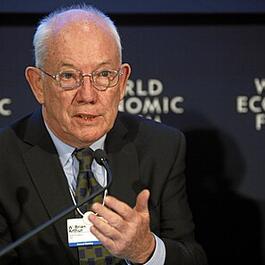
W. Brian Arthur's Interviews
W. Brian Arthur (Part 2) on "Prim Dreams of Order vs. Messy Vitality" in Economics, Math, and Physics
Can you write a novel using only nouns? Well, maybe…but it won’t be very good, nor easy, nor will it tell a story. Verbs link events, allow for narrative, communicate becoming. So why, in telling stories of our economic lives, have people settled into using algebraic theory ill-suited to the task of capturing the funda
W. Brian Arthur on Economics in Nouns and Verbs (Part 1)
What is the economy? People used to tell stories about the exchange of goods and services in terms of flows and processes — but over the last few hundred years, economic theory veered toward measuring discrete amounts of objects. Why? The change has less to do with the objective nature of economies and more to do wi
Economies in the modern world are incredibly complex systems. But when we sit down to think about them in quantitative ways, it’s natural to keep things simple at first. We look for reliable relations between small numbers of variables, seek equilibrium configurations, and so forth. But those approaches don’t always wo
W. Brian Arthur & Jim have a wide-ranging talk about his book, The Nature of Technology: What It Is and How It Evolves... W. Brian Arthur & Jim have a wide-ranging talk about his book, The Nature of Technology: What It Is and How It Evolves. They talk about the surprisingly little work on the nature of technology, inve
W. Brian Arthur (Part 2) on The Future of The Economy
If the economy is better understood as an evolving system, an out-of-equilibrium ecology composed of agents that adapt to one another’s strategies, how does this change the way we think about our future? By drawing new analogies between technology and life, and studying how tools evolve by building on and recombining w
W. Brian Arthur (Part 1) on The History of Complexity Economics
From its beginnings as a discipline nearly 150 years ago, economics rested on assumptions that don’t hold up when studied in the present day. The notion that our economic systems are in equilibrium, that they’re made of actors making simple rational and self-interested decisions with perfect knowledge of society— these
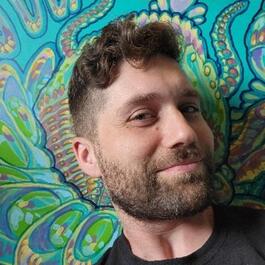
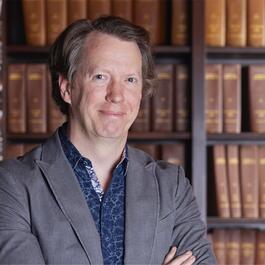
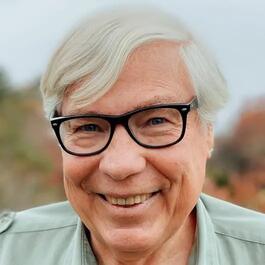
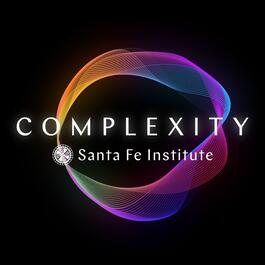
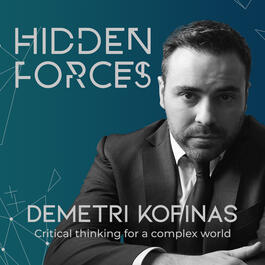
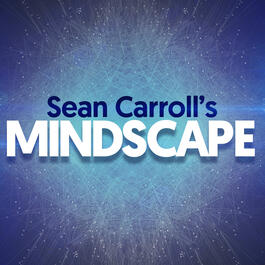


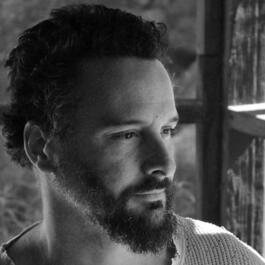
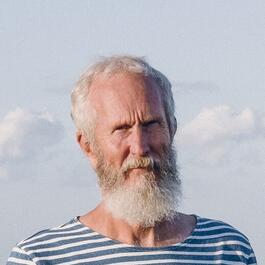
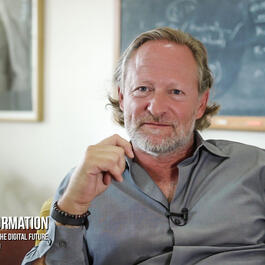


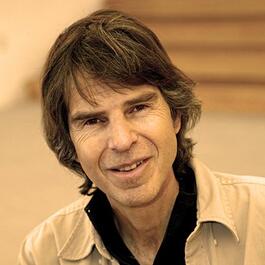



Shout-outs
Add shout-out